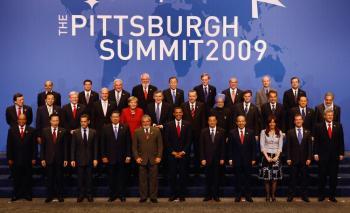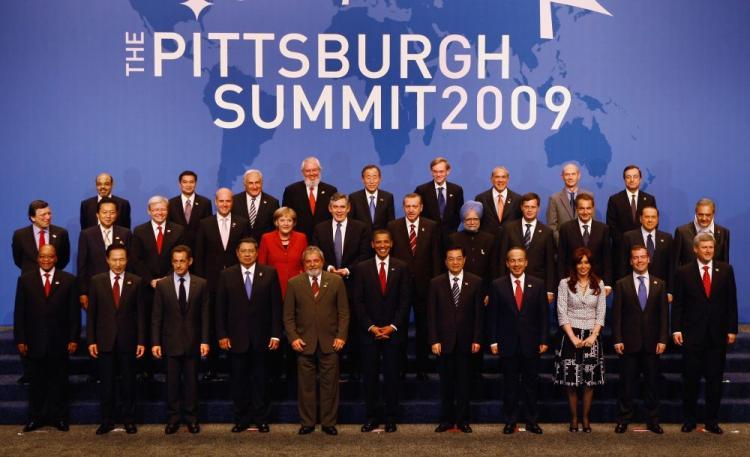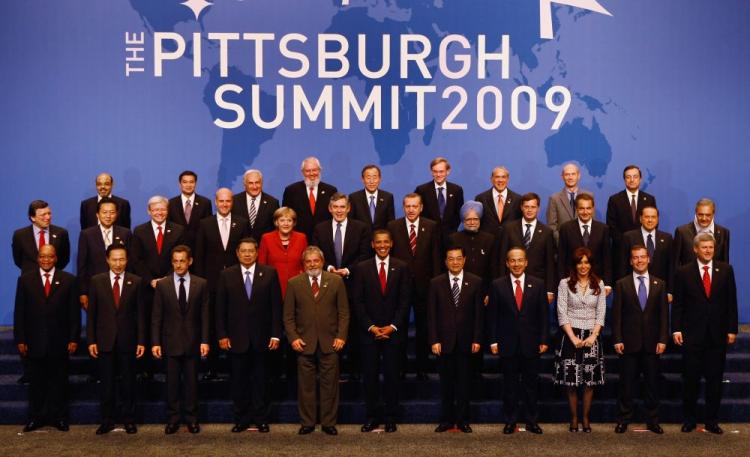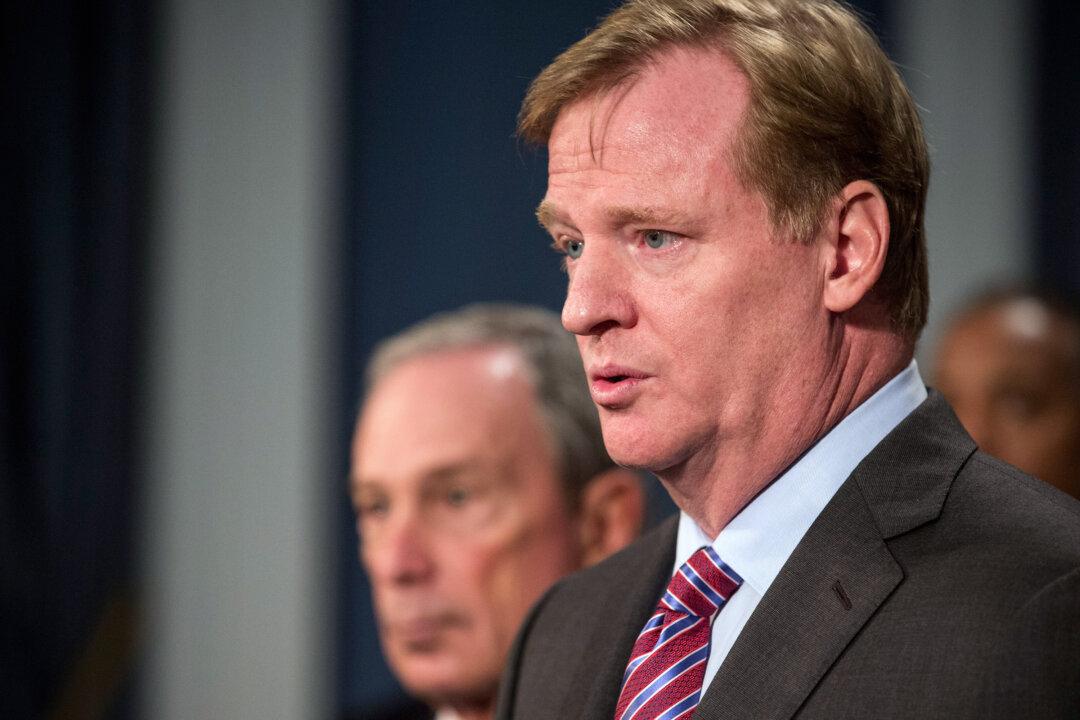NEWS ANALYSIS
When the G-20 leaders met in London earlier this year, the world was frightened of a global recession. To stem the job losses and stock market declines, countries turned to governmental bailouts and other forms of public intervention.
Today, leaders are focused on preventing the financial crisis of tomorrow.
Declaring that the bailout measures were a success, the G-20 leaders said in a statement last Friday that they will ensure that the current regulatory system “for banks and other financial firms reins in the excesses that led to the crisis.”
No doubt, politicians witnessed how unscrupulous lenders gave mortgages to undeserving borrowers, how banks took excessive risks to pad their bottom lines, and how exotic derivative financial instruments blew up the financial markets.
Now, they vow to raise lending standards, discourage banks and financial institutions from taking on excessive risks, and peg executive compensation and bonuses to long term company performance. In addition, G-20 leaders expressed plans to regulate credit rating agencies as well as seek a convergence of global accounting standards.
They even aimed “to improve the over-the-counter derivatives market.”
To do that, the G-20 enlisted the help of Basel, Switzerland-based Financial Stability Board (FSB), which will report in November on the state of the banking industry and propose policy changes. The FSB was created in April after the London summit specifically to address challenges in the banking industry.
How Plausible Is It?
G-20’s recommendations were, at the very least, ambitious—and they have already caught Wall Street’s attention.
The Securities Industry and Financial Markets Association (SIFMA), a powerful financial industry association, called G-20’s regulatory proposals “unprecedented” in level and scope.
But ultimately, such drastic measures could take years to adopt and implement—and that’s assuming the political climate within each country is conducive to such sweeping financial regulatory changes.
“Before this list of new requirements is implemented, it is critical that we understand their aggregate impact on global economic growth,” SIFMA President Tim Ryan cautioned in a statement. “While individually each initiative may have merit—and the industry supports many reforms—taken together, these reforms could negatively impact investors, capital flows, and economic growth and job creation during a period of global economic vulnerability.”
On one hand, politicians know that a healthy and profitable banking industry is integral to any nation’s economy and global trade. It enables efficient flow of capital, credit, and liquidity to fund factories, retail stores, small businesses, and infrastructure.
On the other hand, voters believe that bankers are overpaid—especially when their employers are in business due to taxpayers’ funds—and have too much free reign after decades of deregulation touted by Alan Greenspan and President Bill Clinton.
The G-20 leaders didn’t go as far as instituting a cap on bonuses, but wanted bankers’ pay to be tied to long-term financial performance. The idea is a brilliant one, and it should deter traders from taking on excessive short-term risks to inflate P&L purely in an aim to pad their annual bonus.
But good luck on convincing the financial industry. Wall Street, for its part, has worked feverishly over the past several months to escape the icy grip of the federal government—and any regulatory oversight that comes along with it.
Global banks—from Citigroup to UBS—have long argued that bonuses are necessary to retain top performers. If such traders don’t make a living at banks, they will have just as much market influence working for smaller, unregulated entities such as hedge funds.
But even if such regulations were in place, traders are adept at circumventing many regulations already in place. And that’s where another one of G-20’s proposals comes into play.
Economists argue that if banks are required to set aside more capital cushion, they will have the wherewithal to withstand big financial bets gone sour. The G-20 leaders and FSB proposed that banks could set aside more capital reserves during boom times or restrict dividends. New rules could bolster current Basel II capital standards already in place for certain global banks.
Analysts agree that such regulatory measures could work, but implementation will be difficult.
To adhere to new rules, companies—already burdened by the recent implementation of the Sarbanes-Oxley Act following Enron’s collapse—will need to incur more expenses, buy new technology platforms, and hire more personnel. To accommodate new regulations over derivatives, clearing organizations and back offices at banks and brokerage firms will need to be upgraded. Entire government entities—from the SEC to the FDIC to the Federal Reserve—worldwide will need to increase training and vigilance. If banks are asked to bolster their capital cushions, will their shareholders forsake immediate dividends to secure a stronger future?
And if history is any indication, memories fade quickly—we will soon toss aside onerous regulation when the economy starts churning again.






